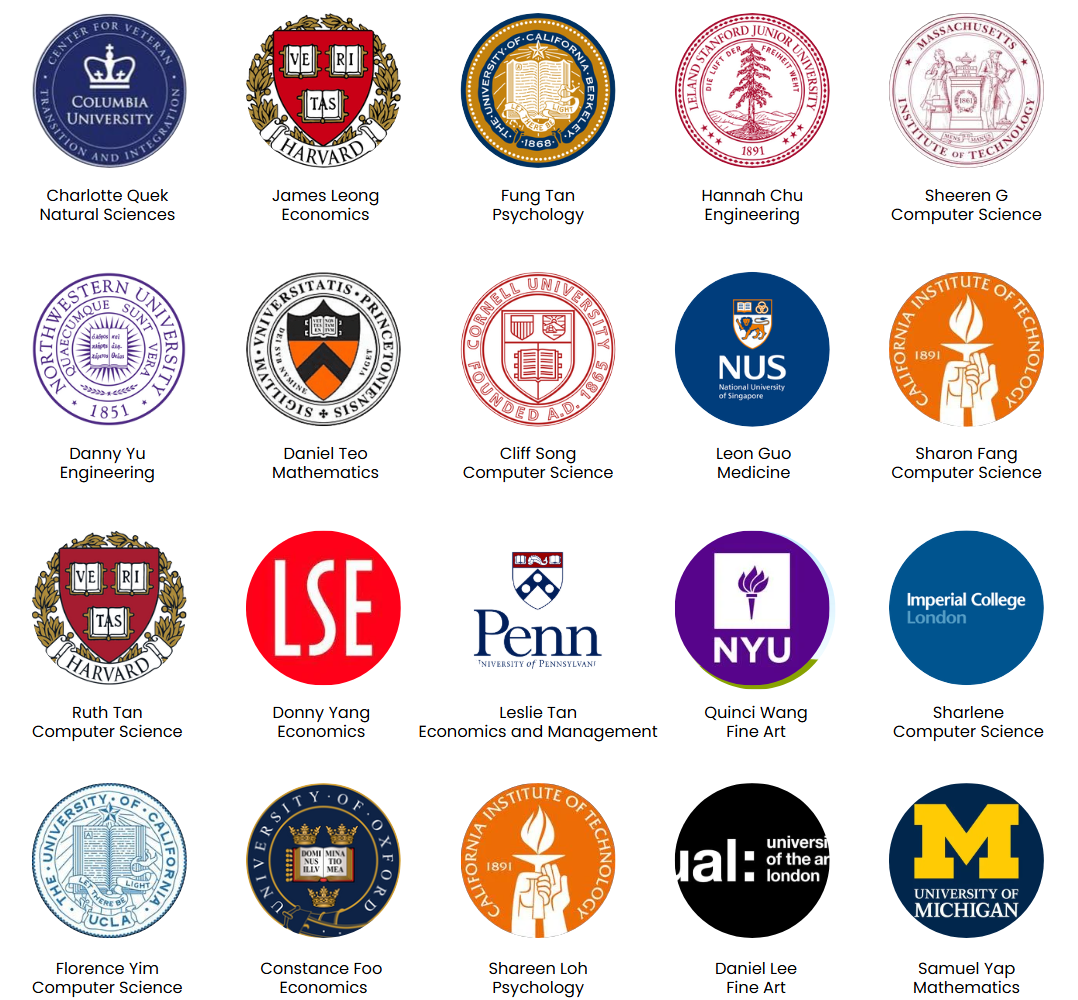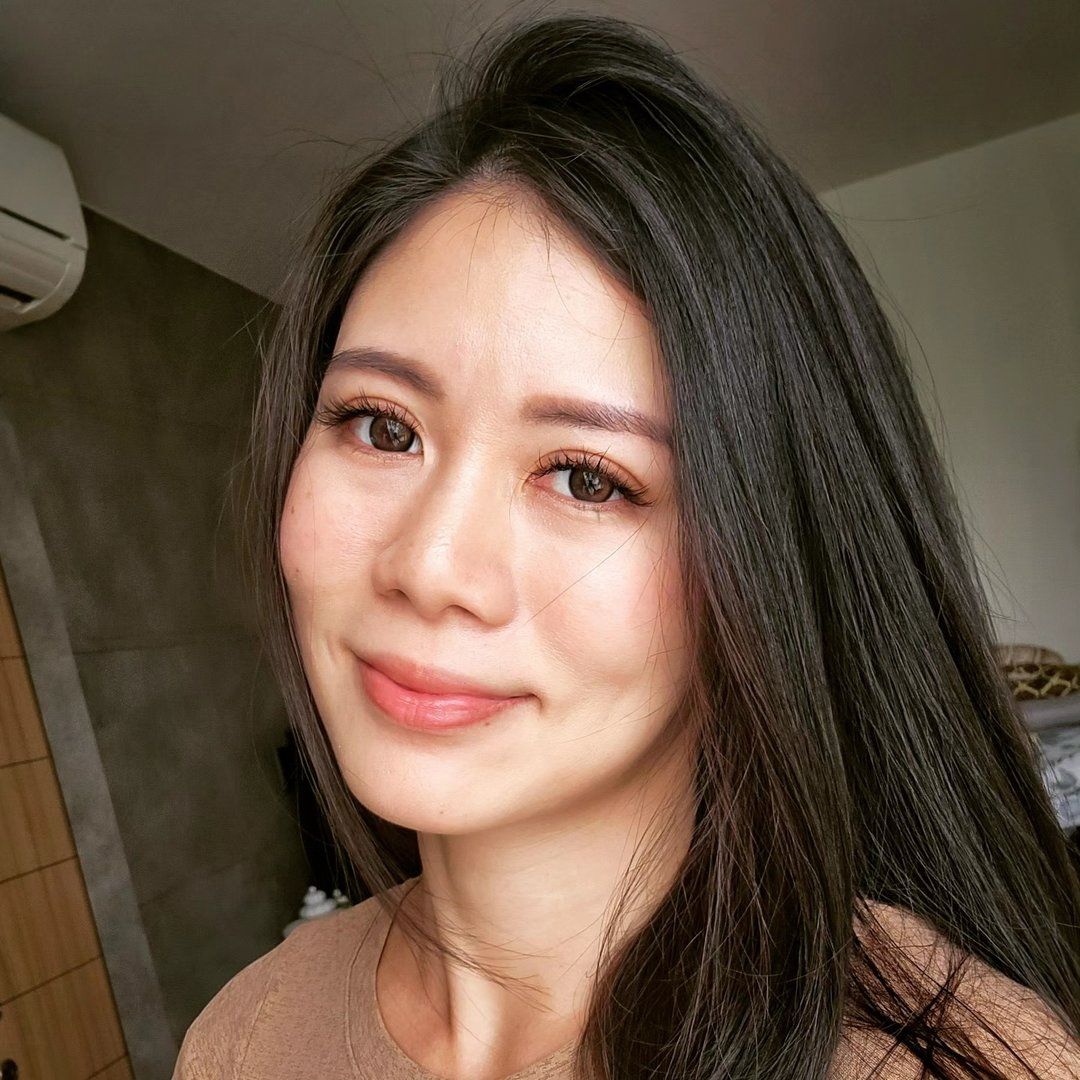Academic Research Scholar Opportunities
We understand that academic research can be challenging for many, which is why we’ve designed our programmes to provide expert guidance to help our students stand out from the competition.
Conducting academic research and publishing a research paper can significantly enhance your college application, demonstrating initiative, research skills, and a genuine interest in a specific field.
What Universities Are Looking For
What Universities Are Looking For
Universities look for a combination of academic achievement, personal qualities, and potential contributions to campus life. Here are the key elements they consider
Portfolio Building
QC Research Lab
QC Research Lab empowers ambitious students through personalised mentorship and tailored programs. Work with experienced postgraduate mentors on guided projects that build strong research skills and lead to publishable work—perfect for students starting their research journey.
Programe Highlights
Program Highlights
Portfolio Building
QC Research Scholars
QC Research Scholars is for advanced high school students aiming to publish in top-tier journals. With mentorship from PhD candidates at leading universities, students develop independent research projects, sharpen academic skills, and build standout university applications.
Program Highlights
Advanced Skill Building
Sharpen skills in academic writing, critical thinking, and data analysis while exploring real-world methodologies and frameworks.
Program Timeline
A step-by-step timeline guiding you from initial exploration to final submission,
ensuring a structured and impactful research.
*Timeline will differ based on individual package and requirements.
Application Deadlines & Program Dates
Cohort |
Application Deadline |
Cohort Timing |
|---|---|---|
| Fall Cohort | 31 August | Rolling |
| Winter Cohort | 30 November | Rolling |
| Spring I Cohort | 28 January | Rolling |
| Spring II Cohort | 15 February | Rolling |
| Summer I Cohort | 30 April | Rolling |
| Summer II Cohort | 15 June | Rolling |
Application Requirements
1. Fill Up Registration Form
Fill up an online registration form where you share basic details, academic background, and research interests.
2. Interview
Shortlisted applicants will be scheduled for an interview.
3. Mentor Match
Shortlisted candidates will have one-on-one interviews with program mentors to discuss their motivations and expectations.
4. Program Onboarding
Start the Program!
Our Students’ Work
Our students have explored a diverse range of topics, showcasing their
intellectual curiosity and academic research capabilities.
Some of the key areas of research include:
- STEM: Investigating innovative solutions to sustainability challenges, with projects focused on renewable energy, biotechnology, and AI advancements.
- Economics: Exploring the impact of government policies on market behaviour, subsidies for clean technologies and the effects of interest rate changes.
- Law: In-depth analysis of legal systems, focusing on topics such as the effectiveness of international trade regulations and the role of law in environmental protection.
- Social Sciences: Examining the effects of social media on political behaviour, mental health, and educational outcomes.
- Business Management: Researching corporate strategies, market competition, and the influence of digital transformation on global business practices.

Student Success Story
QC Research Scholar Opportunities
Testimonials
A glimpse of over 200 glowing success stories and reviews.

“I explored the intersection of psychology and marketing by analysing cognitive biases in consumer behaviour, giving me knowledge in pursuing behavioural economics.”

I worked on upcycling food waste as part of a research attachment at NUS, triggering my interest in sustainable processes. We developed “NewTrients,” nutrient-rich pellets designed to boost urban farming sustainability.
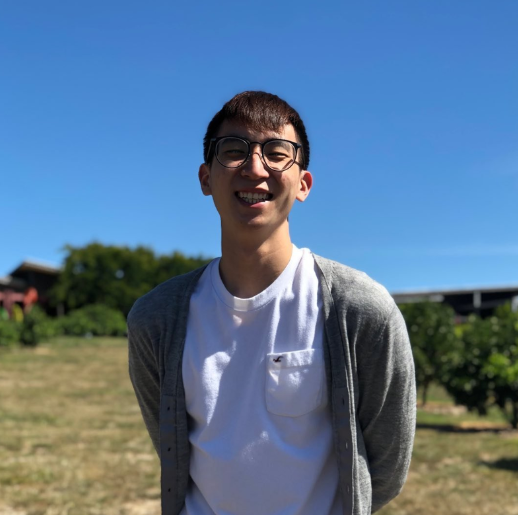
During my research, I worked on analysing the economic impact of renewable energy adoption in urban areas, exploring the costs and benefits of shifting to solar power and how government policies could encourage wider adoption.

My mentor was really resourceful and provided support throughout the publication process. Very impressed by the help of the team.
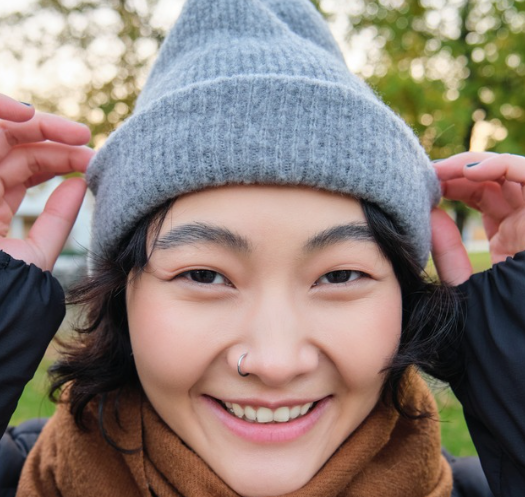
I did a deep dive into gender studies and conflict resolution, analysing policy frameworks and understanding women’s roles in post-conflict peacebuilding.
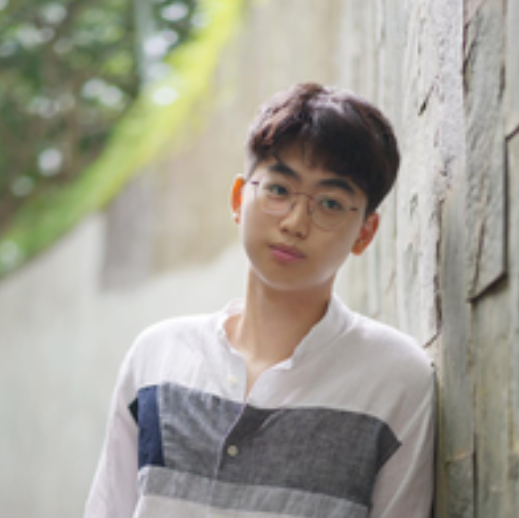
I used statistical models to predict the spread of infectious diseases in urban populations. I applied regression analysis and probability theory to forecast trends, which gave me a deeper appreciation for how math research can help solve real-world health issues.
